Four US presidents and one vice president are among the 139 people and organizations who have received the Nobel Peace Prize since 1901.
Throughout his political career, President Donald Trump has made no secret of his interest in winning the Nobel Peace Prize. The president has presided over a number of peace talks throughout his second term, including negotiations to end the Gaza conflict, mediation between India and Pakistan, and attempts to resolve border disputes between Cambodia and Thailand. Somewhat unusually, the president has publicly asked for the prize—and has even gone as far as calling Norwegian leaders about it.
If the Norwegian Nobel Committee ultimately awards Trump the Nobel Peace Prize, he would become the fifth American president to receive the honor, after former presidents Theodore Roosevelt, Woodrow Wilson, Jimmy Carter, and Barack Obama.
What Is the Nobel Peace Prize?
The Nobel Peace Prize was originally created by Swedish engineer Alfred Nobel, the inventor of dynamite. Nobel wrote in his will that the considerable fortune he had amassed from the manufacture and sale of the explosive material should be awarded to people and organizations that have “done the most or the best work for fraternity between nations, for the abolition or reduction of standing armies and for the holding and promotion of peace congresses.”
The Norwegian Nobel Committee has awarded the Nobel Peace Prize annually since 1901, except during major wars.
In the early years, the Nobel committee gave the award to leaders of the organized peace movement. After 1945, the prize was awarded “to honour efforts in four main areas: arms control and disarmament, peace negotiation, democracy and human rights, and work aimed at creating a better organized and more peaceful world.”
In the 21st century, the Nobel committee has also awarded the prize to people and organizations who have made efforts to address climate change.
The committee has awarded the Nobel Peace Prize 105 times to 139 laureates, including 92 men, 19 women, and 28 organizations. Among the winners have been the four US presidents mentioned above—as well as Vice President Al Gore in 2007.
Teddy Roosevelt’s Nobel Prize
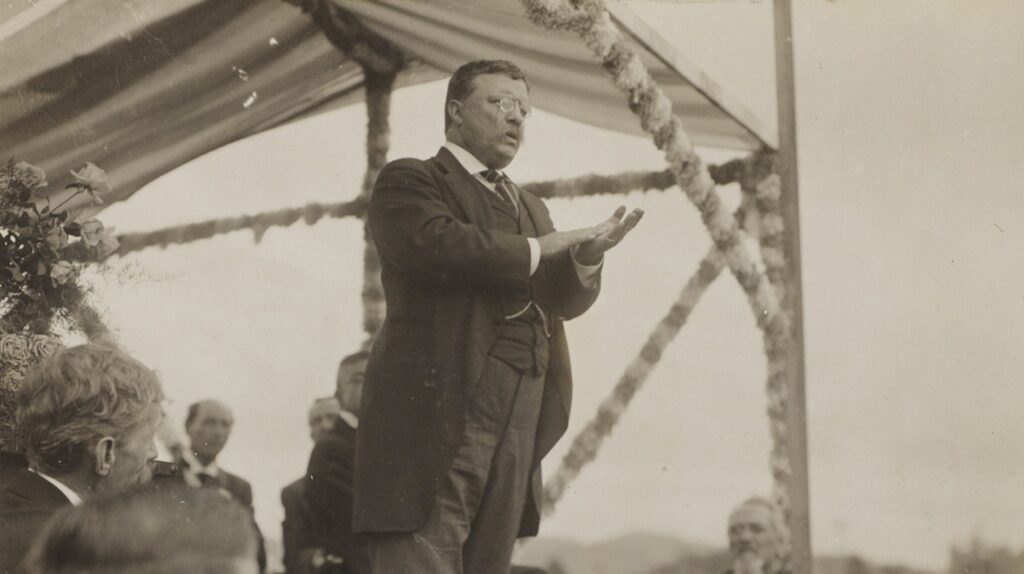
Teddy Roosevelt, the 26th president, was the first American to receive the Nobel Peace Prize. The committee awarded him the prize in 1906 “for his role in bringing to an end the bloody war recently waged between two of the world’s great powers, Japan and Russia.”
In the evaluation of both his contemporaries and modern historians, Roosevelt’s mediation likely saved tsarist Russia from an even more catastrophic defeat at the hands of the upstart Japanese Empire. Russia’s losses were already humiliating enough; the Japanese had captured nearly all of Russia’s possessions in the Far East, including its naval base at Port Arthur, and for good measure had annihilated the Russian Navy at the decisive Battle of Tsushima. Roosevelt’s mediation allowed Tsar Nicholas II to save face and recover a fraction of his strength.
Roosevelt did not campaign for the Nobel Peace Prize. He was, instead, nominated by multiple individuals, and was heralded by the peace movement—as well as previous Nobel laureates—for his role in ending the war.
Woodrow Wilson’s Nobel Prize
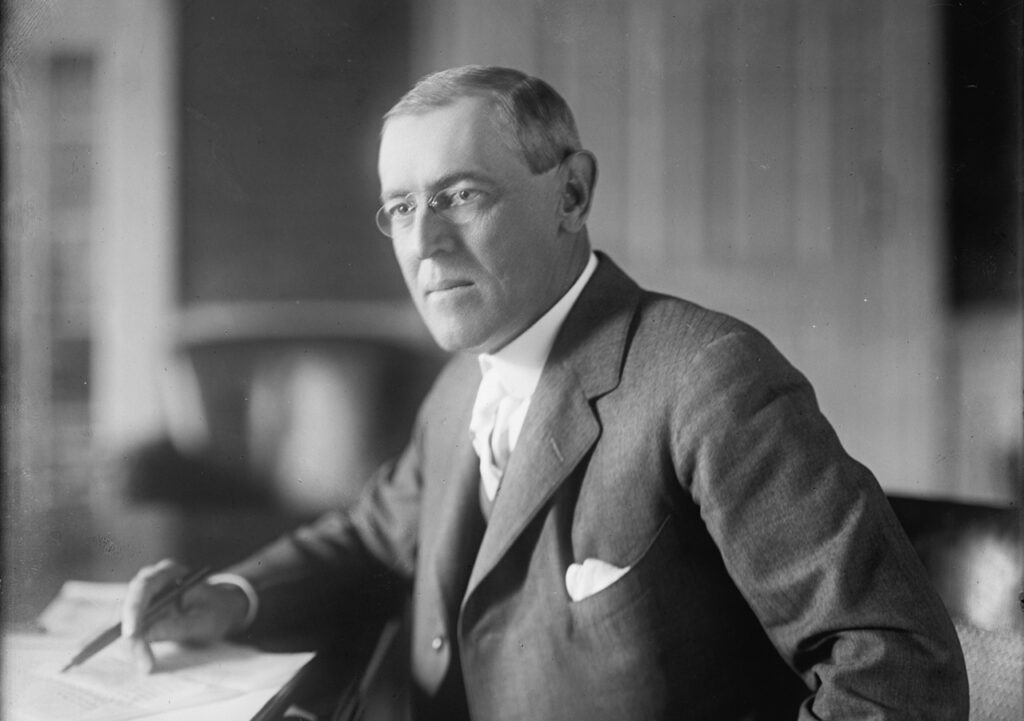
Woodrow Wilson, the 28th president, won the prize in 1919 following the end of World War I. At that time, Wilson was praised for founding the League of Nations—an aspirational, if impotent, predecessor to the United Nations—and for his “Fourteen Points” outlining his desire for a post-colonial, post-imperial World War I international system that prioritized collective security and respect for all nations over the monarchical system that had come before it.
There is no indication that Wilson ever campaigned to be nominated.
Jimmy Carter’s Nobel Prize
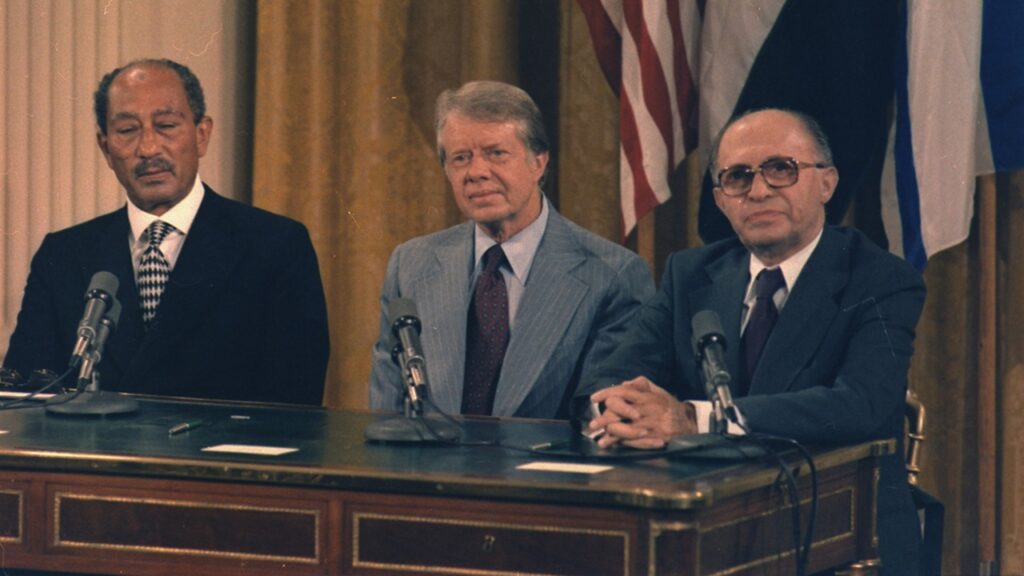
Long after his single, controversial term in office, former President Jimmy Carter was awarded the Nobel Peace Prize in 2002 for “his decades of untiring effort to find peaceful solutions to international conflicts, to advance democracy and human rights, and to promote economic and social development.”
The chairman of the Nobel committee thought Carter, the 39th president, should have received the prize in 1978 when he mediated the successful Camp David Accords, leading to a peace agreement between Israel and Egypt.
In his post-presidency, Carter remained active, campaigning for peace in dozens of other conflicts until his death at age 100 in 2024.
Carter’s post-presidency saw mixed success. Although his interventions sometimes helped to ease international tensions, his efforts to find permanent solutions to global conflicts came up short—notably in the case of the long-running Israel-Palestine conflict, to which he devoted decades of effort. His efforts at democracy promotion, while laudable, had a handful of spectacular failures, too. Most notoriously, the Carter Center acted as an election observer in Venezuela in 2013, certifying that the elevation of Nicolas Maduro to the presidency was legitimate in spite of obvious irregularities.
Carter is not known to have campaigned for his prize.
Barack Obama’s Nobel Prize
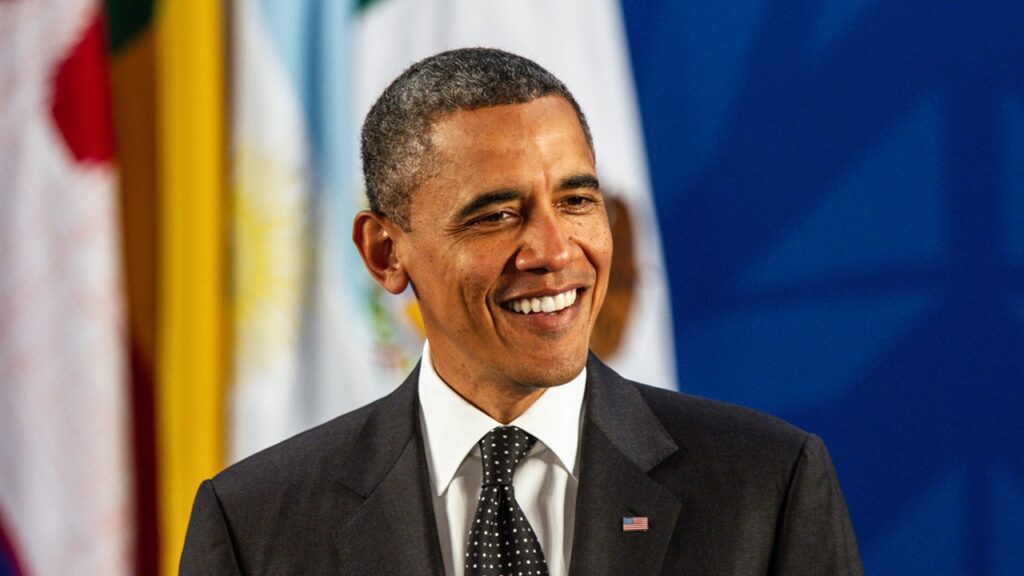
Barack Obama, the 44th president, received the Nobel Peace Prize in 2009 for his “extraordinary efforts to strengthen international diplomacy and cooperation between peoples.”
Obama’s nomination and ultimate receipt of the Nobel Peace Prize was controversial, as Obama had not been in office long enough to have done much to enhance international diplomacy and cooperation. In his acceptance speech, Obama said his accomplishments were “slight” in comparison to others who had received the prize and he “cannot argue” with people who find others “to be far more deserving of this honor than I.”
Obama is not known to have campaigned for his prize. In fact, the Obama White House attempted to downplay the award.
Al Gore’s Nobel Prize
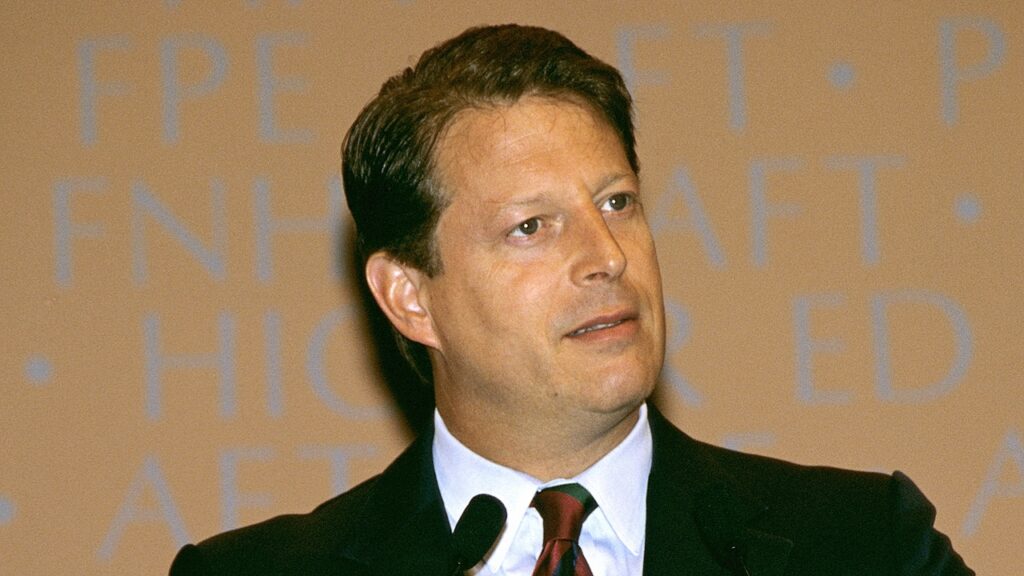
Former Vice President Al Gore won the Nobel Peace Prize in 2007 jointly with the Intergovernmental Panel on Climate Change (IPCC) for “their efforts to build up and disseminate greater knowledge about man-made climate change, and to lay the foundations for the measures that are needed to counteract such change.”
In the years since Gore won the prize, some of his more alarming claims about climate change have been shown to have been overheated. In the early 2000s, for instance, the former vice president speculated that the planet would start to become uninhabitable due to the destruction of the polar icecaps by the mid-2010s—a prediction that has yet to pan out.
Gore is not known to have campaigned for the prize.
Could Donald Trump Win the Nobel Peace Prize? Could Another President?
Only time will tell whether Trump or another president will win the Nobel Peace Prize.
The Norwegian Nobel Committee receives hundreds of nominations for the Nobel Peace Prize each year. It is currently considering 338 nominees for the 2025 prize, including 244 individuals and 94 organizations. In order to be eligible for qualification for the 2025 prize, nominations needed to be submitted by Jan. 31.
Regrettably for Trump, the Nobel committee does not consider self-nominations for the award.
The Nobel committee will vote on the candidates in private in October. While the committee aims to reach a unanimous decision, it sometimes chooses laureates by a majority vote. The committee announces the winner in October, and presents the Peace Prize in December.
About the Author: Brandon J. Weichert
Brandon J. Weichert is a senior national security editor at The National Interest. Recently, Weichert became the host of The National Security Hour on America Outloud News and iHeartRadio, where he discusses national security policy every Wednesday at 8pm Eastern. He is also a contributor at Popular Mechanics and has consulted regularly with various government institutions and private organizations on geopolitical issues. Weichert’s writings have appeared in multiple publications, including The Washington Times, National Review, The American Spectator, MSN, The Asia Times, and others. His books include Winning Space: How America Remains a Superpower, Biohacked: China’s Race to Control Life, and The Shadow War: Iran’s Quest for Supremacy. His newest book, A Disaster of Our Own Making: How the West Lost Ukraine is available for purchase wherever books are sold. He can be followed via Twitter @WeTheBrandon.
Image: Shutterstock / Joseph Sohm.
















